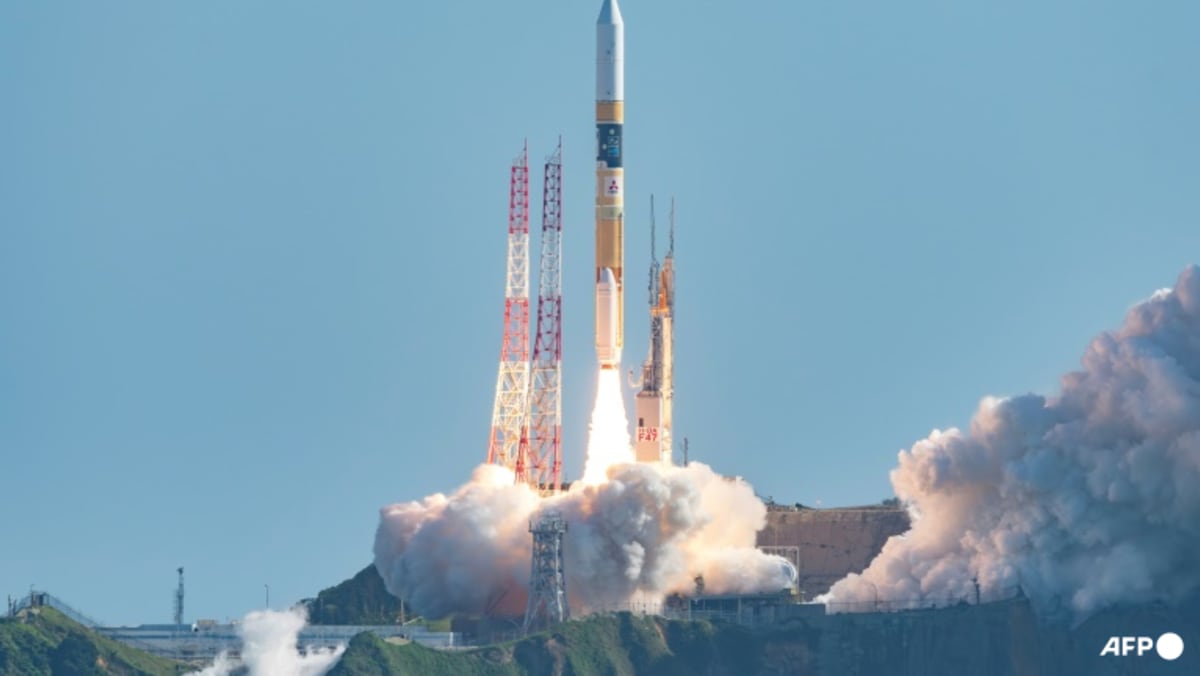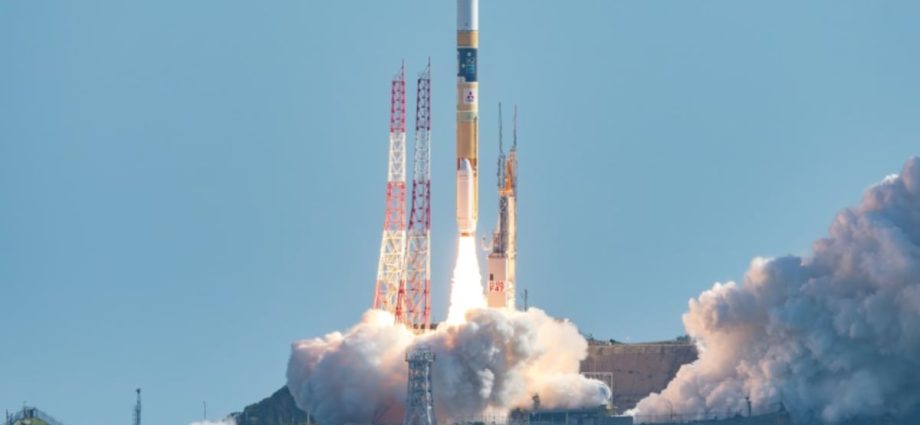
TOKYO: Japan’s “Moon Sniper” was set to touch down early on Saturday (Jan 20) on the lunar surface, one of myriad new missions on the back of renewed interest in Earth’s natural satellite.
If its Smart Lander for Investigating Moon (SLIM) mission succeeds, Japan will be the fifth nation to pull off a fiendishly tricky soft lunar landing after the United States, the Soviet Union, China and India.
The Japanese craft – equipped with a shape-shifting mini-rover co-developed by the firm behind Transformer toys – has been designed to pull of the feat with unprecedented precision.
If all goes to plan, it will land shortly after midnight Japan time within an area just 100m across, far tighter than the usual landing zone of several kilometres.
Success would restore high-tech Japan’s reputation in space after two failed lunar missions and recent rocket failures, including explosions after take-off.
It would also echo the triumph of India’s low-cost space programme in August, when it became the first to land an uncrewed craft near the Moon’s largely unexplored south pole.
Japan’s landing would be “a very big deal”, said Emily Brunsden, senior lecturer in astrophysics and director of the University of York’s Astrocampus.
“The ‘sniper’ landing precision is a huge leap in technology that will allow missions to be designed to target much more specific research questions,” she told AFP.
“Usually there is only one chance to do it right, so the smallest of errors can cause a mission to fail,” she said.
“CRUCIAL” ROCKS
Japan’s space agency JAXA has already made a pinpoint landing on an asteroid, but the challenge is greater on the Moon, where gravity is stronger.
SLIM will try to reach a crater where the Moon’s mantle – the usually deep inner layer beneath its crust – is believed to be accessible at the surface.
“The rocks exposed here are crucial in the search for the origins of the Moon and the Earth,” Tomokatsu Morota, associate professor at the University of Tokyo specialising in lunar and planetary exploration, told AFP.
This includes shedding light on the mystery of the Moon’s possible water resources, which will also be key to building bases there one day as possible stopovers on the way to Mars.
“The possibility of lunar commercialisation depends on whether there is water at the poles,” Morota said.

